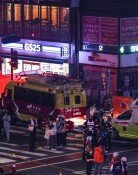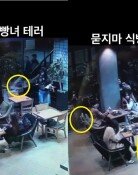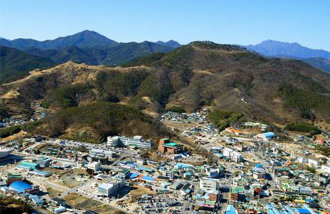[Editorial] Amb. Yang's praise of President Kim
[Editorial] Amb. Yang's praise of President Kim
Posted August. 18, 2000 20:29,
It is hard to understand that Korean Ambassador to the United States Yang Sung-Chul, referring to his meeting with U. S. President Bill Clinton, conveyed to reporters remarks by Clinton about President Kim Dae-Jung that the American leader had not actually made. This is because the ambassador is obligated to convey precisely to his home nation the words and ideas of the leaders of the country he is accredited to, but failed to do so.
In a recent press interview, Amb. Yang quoted President Clinton as saying in a speech delivered at the National Democracy Institute (NDI) that there are some assertions that democracy is not suitable for Asia, but it was proved to have universal value with Kim`s presidential election. Yang`s statement was reported as true, since there were no journalists at the NDI meeting attended only by foreign ambassadors accredited to that country.
However, the press release videotaped by White House does not contain the words Yang claimed it did. Clinton`s only reference to the Korean president was his statement that since Kim had the legitimacy to lead changes, he was able to overcome the economic crisis and took courageous measures in relation with North Korea. That`s all.
We are not certain about the background of the ambassador`s statement, if he was unable to understand Clinton`s English speech or exaggerated intentionally. In any case, it is a serious problem if he could not understand the contents of Clinton`s statement. If he exaggerated Clinton`s praise for Kim, the problem is more serious. It is an obsolete practice under the authoritarian regimes that he extolled and beatified the government leader even by misleading the press with added words. We are quite embarrassed to imagine how the U. S. and other our allies will evaluate Yang`s behavior.
Besides, there is another instance portraying the authoritarian way of thinking. That is, the government authorities, of late, directed Korean residents in the U. S. to hold a mass rally to support the June 15 Inter-Korean Summit Declaration. To this, Foreign Affairs-Trade Ministry officials explained that the ministry had only asked overseas Korean residents to include a program supporting the inter-Korean declaration if they were holding any meetings to mark the August 15 National Liberation anniversary.
Nonetheless, how many people would consider the ministry¡¯s act a "request for cooperation" as the letters represent? Instead, reports had it that a group of Korean residents in America, whose applications for the just-ended family reunion program were disapproved, staged a demonstration against the Seoul government in front of the consulate-general office in New York.
In the age of globalization, the foreign ministry must take the lead in coping with rapid international changes. But disappointingly, the ministry is still engaged in old-fashioned practices perpetrated under past authoritarian regimes, like serving letters asking for cooperation, virtual government coercive orders, and abusing praises of the government leader by overseas diplomatic mission chiefs.







